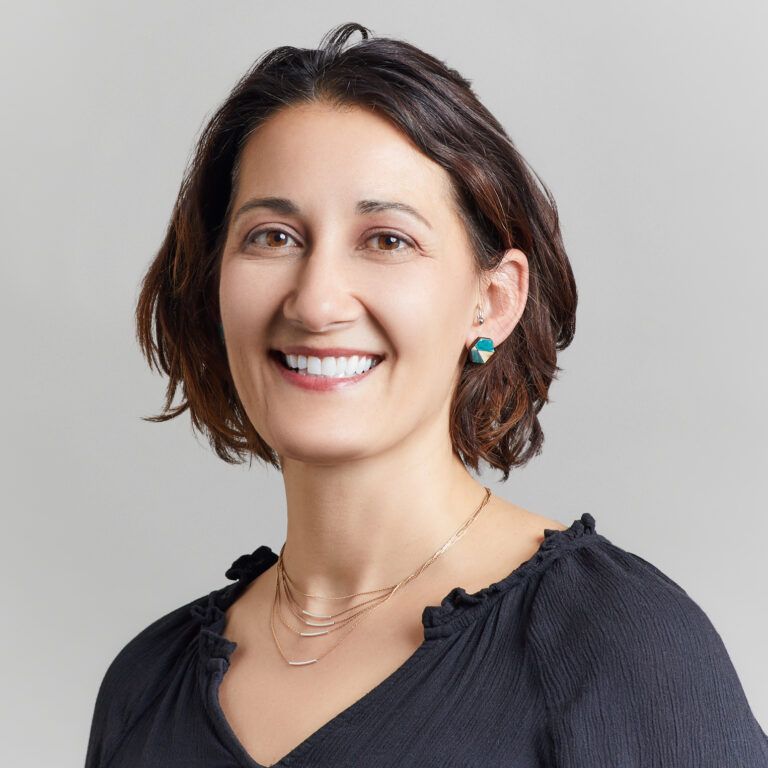Kristen Shahverdian is a senior manager for free expression and education at PEN America. Sam LaFrance is the manager of editorial projects for free expression and education at PEN America. PEN America is a nonprofit devoted to protecting free expression.
Campuses have long been hotbeds of debate, protest and political tensions, but few issues have been as vehemently contested in recent years as conflicts related to Israel and Palestine.
It is no surprise, then, that as the Israel-Hamas conflict has escalated since early October, U.S. campuses have spiraled into a crisis, as holding space for any reasonable disagreement has seemed nearly impossible.
In recent days, campuses across the country have been host to protests with extreme rhetoric. College students say they have been assaulted, faced their personal information being leaked online, lost job offers over statements about the conflict, and expressed fear about antisemitic and Islamophobic harassment.
Republican presidential candidates and commentators have even proposed revoking visas of international students whose public comments are deemed in support of Hamas. Never has the potential blowback for speaking freely on political issues seemed so high concerning both students’ personal safety and their future careers.
Kristen Shahverdian
Permission granted by Jonathan Levenfeld for PEN America
Colleges and universities are special. They are one of the few places left in our society that are meant to foster an environment where open discourse and disagreement can occur across the ideological spectrum. But the events in Israel and in Gaza are testing higher education’s ability to live up to that mission.
School administrators have an obligation to embrace free expression while protecting the rights and safety of all. By upholding free speech, clearly delineating between speech and violence, and promoting physical safety, campus leaders can ensure that freedom of expression and the opportunity for open exchange does not become an afterthought.
Campus leaders should start by acknowledging that words have power. They should name risks to open discourse and seek — through dialogue, facilitation and information-sharing — to help make students more aware of how their words may land with others. And they must do so while vigorously defending their students’ right to free speech.
They can remind the campus and the public that students have been on the forefront of dissent, protest and social movements throughout history, and that the passionate exchange of ideas is in fact one of the ideals of higher education. This exchange exposes students to ideas and perspectives that may make them uncomfortable or angry, and universities should use such heated moments as teachable ones.
Administrators should also clearly lay out their policies on hate speech and harassment, explaining that even hateful or racist speech is protected by the First Amendment, but also articulating when that speech crosses a line.
On public university campuses, this means that leaders may condemn hurtful rhetoric, but unless it crosses into harassment or threats, students should not be punished for their speech. On private campuses, administrators should hold themselves to a similarly high bar.
Hate should be taken seriously. As bias reports rise for Jewish, Arab and Muslim students, administrators must be steadfast in their support for students — without resorting to censorship.
Throughout this tumultuous period, consistently and often, university leaders can model respectful discourse and expressions of empathy. They should make clear to students how they intend to support them by sharing information on mental health services, dispelling misinformation circling their campus, reaching out directly to students who are personally affected by the war, and contacting and offering support to those who are targeted by speech or for their own expression.
At the same time, it is of the utmost importance that campus leaders ensure the physical security of campus spaces, and that they allow students from across the ideological spectrum to gather, protest, mourn, speak and learn from one another.
Reports of physical attacks on students, as we have seen at Columbia, Stanford and elsewhere, as well as hateful vandalism, as we have seen across the country, should never be conflated with protected political speech.
If violence does occur, administrators should communicate clearly that this is unacceptable and illegal. When speech crosses into criminal behavior, including true threats or hate crimes, punitive or criminal measures should be pursued, but administrators should also consider restorative and educational approaches whenever possible.
Cultivating campus safety also means speaking out clearly against online attacks and exposure of students’ personal information. At several universities in recent weeks, an outside group has driven trucks around campuses with a billboard labeling some students “antisemites.” In some cases, they shared website links with their personal information.
This prompted administrators at Harvard to announce that they would close campus to non-ID holders after dark and issue a statement providing updates on security measures on campus.
This kind of targeted doxxing can be an invitation to violence, and it can chill protected political speech. In addition to ensuring physical campus safety, administrators can proactively provide anti-doxxing resources to students and faculty and provide mental health support to those who have been targeted by online abuse.
This is an important moment for a university to lean into these challenges around open discourse and exchange, not shy away from them. Our higher education institutions should be making space for carefully facilitated town halls, teach-ins, and dialogues open to all. Universities should also take advantage of their communities of experts, who can help inform students and the broader public about the conflict’s complexity and history.
Ultimately, universities have a responsibility to support all students’ free expression, even when that expression is uncomfortable or painful. They must rise to the challenge.
Checkout latest world news below links :
World News || Latest News || U.S. News
The post How campuses can protect free speech and student safety amid the Israel-Hamas war appeared first on WorldNewsEra.

